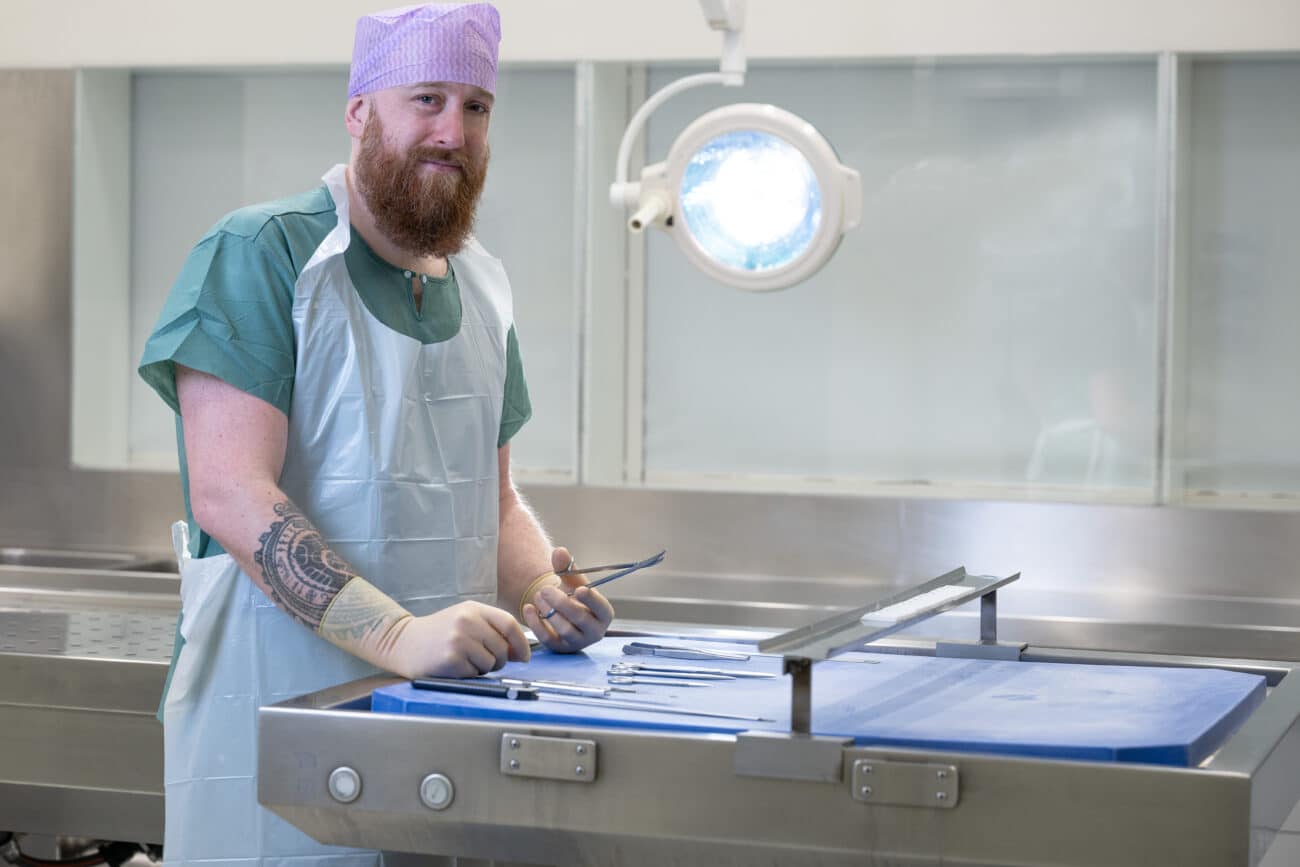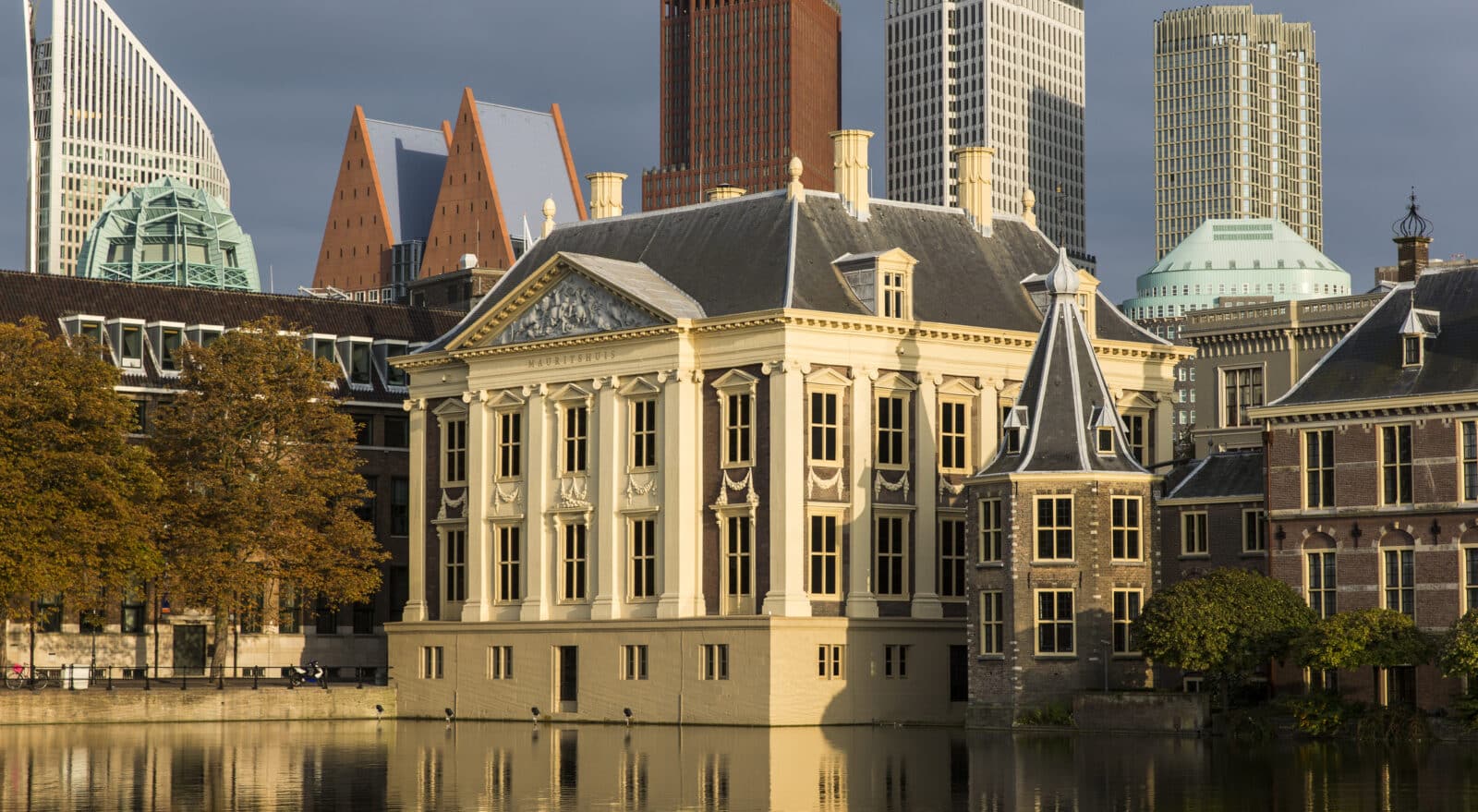To understand the significance of hosting this congress in The Hague, Boardroom spoke with Bart Latten, a forensic pathologist at the Netherlands Forensic Institute (NFI). Latten, who chairs both the Expertise Group on Post-Mortem Diagnostics of the Dutch Society of Pathology (NVVP) and the Science & Education Committee of the Forensic Medical Society, played a pivotal role in securing the bid to bring this event to the Netherlands.
A Vision for the 2027 IALM Congress
According to Latten, the IALM Congress is not just a scientific meeting; it is a vital space for fostering international collaboration in forensic medicine.
“We have made significant progress over the years, and one of our key goals for the 2027 IALM Congress is to showcase how far we’ve come in legal and forensic medicine,” he explains. “This congress will bring together experts from around the world, creating a platform where scientific exchange and knowledge exchange can thrive.”
While offering a robust scientific program is paramount, Latten emphasizes that the congress’s deeper vision is about strengthening connections: “In today’s interconnected world, it’s crucial that professionals in legal and forensic medicine forge stronger connections across borders. We need to work together toward a safe and just world, particularly in the current global climate, where the stakes are higher than ever.”
Why The Hague?
The selection of The Hague as the host city was a deliberate choice, aligning with the event’s core values and mission. Known as the “City of Peace and Justice,” The Hague is home to institutions such as the International Court of Justice, EUROPOL, and the Netherlands Forensic Institute.
“As forensic professionals, we share a deep commitment to advancing justice. Hosting the congress in The Hague underscores the vital role of legal and forensic medicine within the broader framework of world peace, security, and justice,” explains Latten.
Additionally, the congress will take place at the same venue as the NATO summit in 2025, further reinforcing The Hague’s standing as a centre for diplomacy and security.
Strategic Support & a Winning Bid
A successful bid for an international congress requires meticulous planning and strategic partnerships. Latten credits organisations such as NBTC and The Hague Convention Bureau for their invaluable support in making this bid competitive.
“Organising a large international event requires specialised expertise and a well-established network, both of which NBTC excels in providing. Their guidance was instrumental throughout the bidding process. Through NBTC, we were introduced to The Hague Convention Bureau, who assisted with crucial decisions such as venue selection and financial planning.”
Their insights into the city’s infrastructure, budget planning, and logistical arrangements ensured that the bid was not only well-prepared but also aligned with the expectations of the international forensic science community.

Long-lasting legacies?
Forensic science remains a niche field within global research, and congresses like IALM serve as ideal opportunities for advancing the discipline. While academic journals provide a crucial platform for publishing new findings, international congresses offer something more.
“Conferences provide a unique environment where new research ideas are sparked, discussions flourish, and long-term collaborations are formed,” Latten says. “These events create a space where professionals can share knowledge, debate ideas, and establish cross-border partnerships. Beyond knowledge transfer, international conferences also help build lasting friendships among professionals from diverse backgrounds, strengthening the international network of forensic experts working toward common goals in justice and public health.”
Latten believes that the congress will serve as an incubator for new research initiatives and partnerships, particularly in the use of post-mortem (multimodal) imaging, and the use of big data in legal medicine.
But beyond the immediate impact of the congress itself, Latten envisions a lasting legacy that extends beyond 2027: “Our goal is to organise an informative and engaging congress that contributes to the success of future IALM events. By showcasing the Netherlands’ commitment to advancing forensic research and fostering knowledge exchange, we aim to inspire long-term partnerships and continued innovation within the forensic science community.”
Hosting the IALM Congress in The Hague will not only cement the Netherlands’ reputation as a leading destination for forensic research but will also contribute to its position as a global hub for knowledge exchange and innovation in the legal medicine sector.
The Netherlands as a Premier Conference Destination
With its excellent infrastructure, strong governmental and institutional support, and deep commitment to international justice, the Netherlands has positioned itself as a top-tier destination for international conferences. The country’s focus on innovation and interdisciplinary collaboration makes it particularly attractive to scientific and professional associations.
NBTC’s strategy aligns closely with attracting congresses that contribute to strengthening the Netherlands’ position as a knowledge-based nation. The 2027 IALM Congress is a testament to this vision, reinforcing the country’s role as a place where groundbreaking research meets real-world impact.
More info: On IALM: www.ialm.info / On the Netherlands as a congress destination: www.holland.com/meetings
 ©The Hague & Partners – Arjan de Jager
©The Hague & Partners – Arjan de Jager